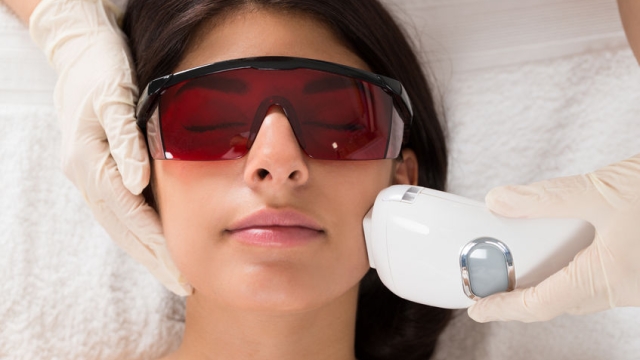Understanding Testosterone Replacement Therapy (TRT) Strategies

Testosterone Replacement Therapy (TRT) has become an essential treatment option for men experiencing low testosterone levels, a condition known as hypogonadism. This therapy can significantly enhance quality of life by improving energy levels, mood, muscle mass, and overall wellbeing. However, the journey through TRT is not without its challenges. Understanding the therapy, managing potential side effects, and finding adequate support are critical components for anyone considering or currently undergoing TRT. This article aims to provide comprehensive insights and resources to assist individuals on this journey, with a focus on effective trt patient support.
Understanding Testosterone Replacement Therapy (TRT)
TRT is designed to restore testosterone levels in men who have been diagnosed with low levels of this vital hormone. The therapy can be administered in various forms, including injections, gels, and pellets. Each method has its unique benefits and considerations, allowing for personalized treatment plans based on individual needs and lifestyle. The primary goal of TRT is to alleviate the symptoms associated with low testosterone, such as fatigue, depression, and decreased libido, ultimately enhancing the individual’s overall quality of life.
Managing Side Effects of TRT
While TRT can offer significant benefits, it can also lead to side effects that patients should be aware of. Common side effects may include:
- Acne or oily skin
- Fluid retention
- Increased red blood cell count
- Changes in mood or aggression
- Sleep apnea
Managing these side effects is crucial for a successful treatment experience. Here are some practical tips:
- Regular Monitoring: It’s essential to have regular check-ups with a healthcare provider to monitor hormone levels and overall health.
- Healthy Lifestyle Choices: A balanced diet, regular exercise, and sufficient sleep can help mitigate some side effects. Staying active can also improve mood and energy levels.
- Open Communication: Discuss any side effects with your healthcare provider promptly. They may adjust the dosage or suggest alternative methods of therapy to help alleviate discomfort.
Finding Support Groups and Resources for TRT Patients
Having a support system while undergoing TRT can make a significant difference in the experience. Connecting with others who are on a similar journey can provide emotional support, practical advice, and a sense of community. Here are some resources for TRT patient support:
- Online Support Groups: Many online platforms and forums exist where individuals can share their experiences and seek advice from fellow TRT patients. These groups often foster a sense of belonging and understanding.
- Educational Materials: Various websites and organizations offer comprehensive resources about TRT, including treatment guides. FAQs, and expert articles. Engaging with this material can empower patients to make informed decisions about their health.
- Local Support Groups: Many communities have local support groups that meet regularly to discuss health issues, including those related to TRT. These groups can be a great way to connect with others face-to-face.
For more structured information and resources, individuals may consider visiting websites dedicated to TRT patient support, such as TRT Clinic Guide, which provides valuable insights and guidance for those navigating this therapy.
Personal Stories and Community Encouragement
Hearing from others who have undergone TRT can be incredibly encouraging. Many patients share stories of how the therapy transformed their lives, helping them regain energy, confidence, and a sense of purpose. These personal testimonials often highlight the importance of patience and communication with healthcare providers, as each individual’s journey is unique. By sharing experiences and insights, patients can foster a supportive environment that benefits everyone involved.
In conclusion, TRT can be a life-changing therapy for those dealing with low testosterone levels. Understanding the therapy, managing side effects, and seeking out support are all essential components of the process. With the right information and resources, individuals can navigate their TRT journey with confidence and find the encouragement they need to thrive.



